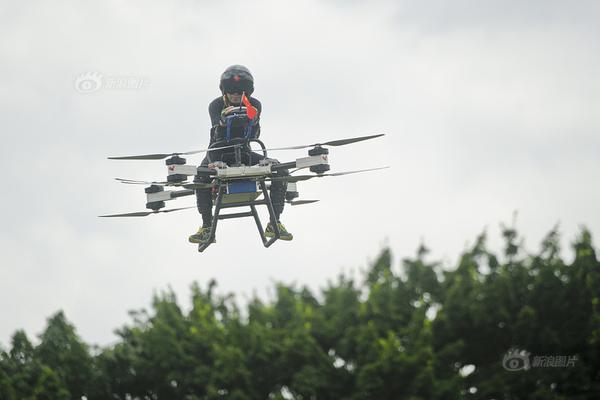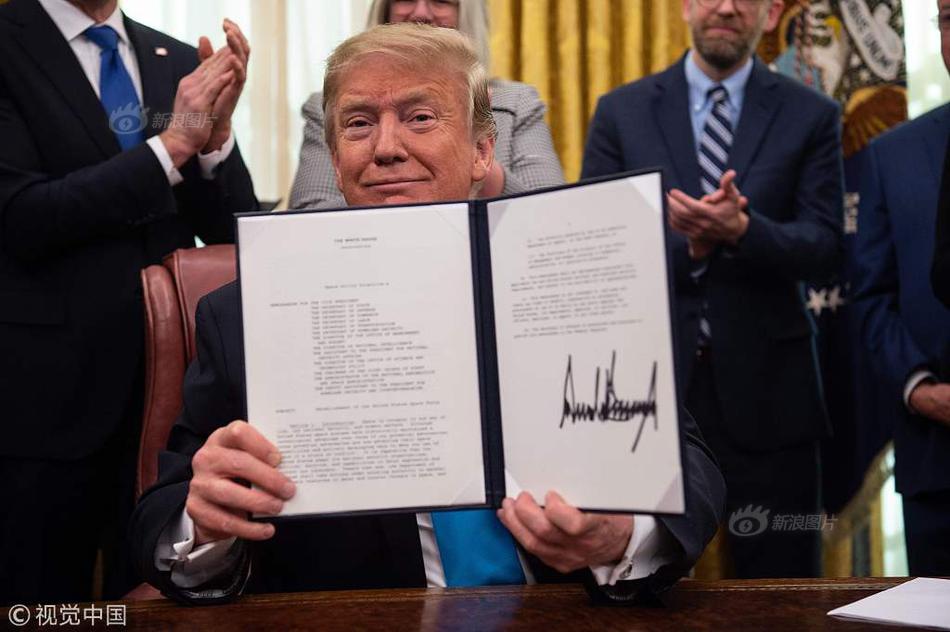989 ArchivesKKK-endorsed president-elect of the United States just appointed a white nationalist to his cabinet and has promised to deport or incarcerate two to three million undocumented immigrants as soon as he's inaugurated, but here's what the left is arguing about: safety pins.
After Trump was elected president last week and hate crimes began to spike, some began to wear safety pins to signal that people facing violence could reach out to them. It was a well-intentioned, simple gesture -- but over the weekend, some liberals and lefties began to furiously debate whether safety pins caused more damage than they prevented.
SEE ALSO: Here's a small way to support the vulnerable in Trump's AmericaOn Saturday, Christopher Keelty over at The Huffington Post published an article that's since been liked over 140,000 times shares called, "Dear White People, your safety pins are embarrassing." In it, Keelty argues that white people who wear safety pins are doing little more than showing off their allyship, and doing absolutely nothing to help:
"And make no mistake, that’s what the safety pins are for. Making white people feel better," Keelty writes. "They’ll do little or nothing to reassure the marginalized populations they are allegedly there to reassure; marginalized people know full well the long history of white people calling themselves allies while doing nothing to help, or even inflicting harm on, non-white Americans."
Wearing a #safetypin in solidarity w all those exposed to hate & violence after the election. Let's stand as allies! https://t.co/c7awfDmK9t pic.twitter.com/s1WtckRj84
— Lucky Tran (@luckytran) November 10, 2016
The author then goes onto even compare people who wear safety pins to 18th century slave-owners, who were also motivated by notions of freedom and inequality:
"Remember the white guys in the 1770s who wrote all about freedom and equality and inalienable rights? Remember how they owned and sold slaves? Yeah, if that’s the spirit you want to evoke, go ahead and wear your safety pin," Keelty explains.
It is truly mind-blowing to imagine that a piece that compares people who wear safety pins to people who owned slaves, was published on a mainstream media publication, forget liked 140,000 times.
Alas, here we are in Trump's America -- and this is what we're fighting about.
Keelty's argument is based on multiple flawed premises that make for an even faultier -- though highly sharable -- analysis. First, he founds his entire argument on the idea that the only people wearing safety pins are white people. I, for one, would love to hear where he is getting this data, and who is even bothering to collect it. Both the ACLU and Southern Poverty Law Center, which documents hate crimes, changed their profile pictures to include safety pins -- are they just performative allies as well?
This Tweet is currently unavailable. It might be loading or has been removed.
The author further argues white people wearing the safety pins will do nothing to help "immigrants, people of color, LGBTQ people and others who were targeted and persecuted and (further) marginalized by the Trump Campaign" -- while seemingly unaware that white people include people with disabilities, trans people, queer people and immigrants. Are there only certain kinds of white people who should be allowed to wear safety pins? Are trans and queer white people allowed to wear safety pins, but not cis? Should white people with disabilities stop wearing pins? What is this argument? And how are we actually having it at this historical moment in time?
I can't speak for the experiences of others. I'm white, and I certainly can't speak for the experiences of people of color -- though the reaction on social media from activists in the community appear to be mixed. But as a queer person who is frequently mistaken for a boy, and a journalist who has spent the last 48 hours reading about recent hate crimes against the LGBTQ community, I know I'd be happy to see someone with a safety pin traveling the subway or riding the Greyhound with me -- regardless of how effective they'd be at intervening. Other queer people might disagree with me, and that's totally okay too.
This Tweet is currently unavailable. It might be loading or has been removed.
For Keelty, wearing safety pins is the ultimate symbol of apathy -- branding your allyship, instead of doing anything to actually change systems and structures. It's a very fair point, but it again resides on an enormous assumption: that the people wearing these safety pins aren't actually doing anything outside of them to enact social change. Who is to say that the people who are wearing pins or posting post-it notes aren't also donating to Planned Parenthood, attending a Black Lives Matter protest, and trying to organize to get progressives elected at a state level?
This Tweet is currently unavailable. It might be loading or has been removed.
Of course, everyone needs to do more than wear a pin or post a note of hope. I strongly implore people currently wearing their safety pins to do more, if they aren't already -- donate more, make more calls, attend more organizing meetings, something. But that doesn't mean we should shame and attack people who are trying to do something within the first week of a crisis, especially when millions of Americans didn't even bother to show up at the polls this election, and millions more want a very different kind of "something" for their country.
When I was an organizer and social worker, we were taught to invite people in to activism, then encourage them to do more. Want to wear a safety pin? That's awesome, also consider donating to these organizations. Interested in sharing a hopeful post-it note on a subway wall? That's wonderful! We'd love to see you at this organizing meeting, too.
There are several good, understandable reasons not to wear safety pins: if, for example, the pins are adopted by white nationalists and hate groups on the right, and used to deceive people. Or if some people choose to misuse their pins to express their silent support instead of their out-loud advocacy.
Of course, everyone needs to do more than wear a pin or post a note of hope -- but that doesn't mean we should shame and attack people who are trying to do something
So if people want to wear safety pins, great! If they don't, that's also fine. Let's be honest: who cares.What's important to remember is this is such a small part of a terrifyingly large conversation. When I visited my Facebook this weekend, I saw so many people sharing links to Keelty's post and debating the value of the safety pins -- but not actually sharing resources about where to volunteer, donate and organize (like this one).
However you feel about safety pins -- and there are very legitimate reasons to dislike them -- extensive dialogues aboutthem are a depleting, predictably Facebook-esque waste of time and energy -- energy we need to preserve if we have any hope of moving forward.
I understand that by writing an anti-anti-safety-pins post, I've invited backlash, continued the conversation and possibly, the problem. Consider this a desperate plea, then, for those opposed to the Trump regime to not try and ignore these concerns but instead focus on bigger issues and larger problems, so that pieces like the one I just wrote won't have to be written anymore.
 Bridging the Healthcare Divide in West Virginia
Bridging the Healthcare Divide in West Virginia
 Beyoncé's dad tweeted about the twins and is probably having a great Father's Day
Beyoncé's dad tweeted about the twins and is probably having a great Father's Day
 Shut up and make the hits—Kickstarter's best projects are back with a twist
Shut up and make the hits—Kickstarter's best projects are back with a twist
 Disney has reportedly joined the Facebook ad boycott
Disney has reportedly joined the Facebook ad boycott
 Revolutionary Redux
Revolutionary Redux
 Study uncovers clever way to get people to eat their veggies
Study uncovers clever way to get people to eat their veggies
 Uber jumps through hoops to keep drivers 'independent contractors'
Uber jumps through hoops to keep drivers 'independent contractors'
 Study uncovers clever way to get people to eat their veggies
Study uncovers clever way to get people to eat their veggies
 The Cambridge Analytica Con
The Cambridge Analytica Con
 Samsung teases what appears to be the Galaxy Fold 2
Samsung teases what appears to be the Galaxy Fold 2
 You Are Not a Rebel
You Are Not a Rebel
 Don’t shame people who don’t wear masks. It won't work.
Don’t shame people who don’t wear masks. It won't work.
 How to cut ties with fast fashion when you really, really love clothes
How to cut ties with fast fashion when you really, really love clothes
 Samsung teases what appears to be the Galaxy Fold 2
Samsung teases what appears to be the Galaxy Fold 2
 Malls and movies and drones, oh my.
Malls and movies and drones, oh my.
 Beyoncé's dad tweeted about the twins and is probably having a great Father's Day
Beyoncé's dad tweeted about the twins and is probably having a great Father's Day
 Google's AI starts answering Verizon support calls
Google's AI starts answering Verizon support calls
 Paramedic uses Google Live Transcribe to talk to lipreading patients
Paramedic uses Google Live Transcribe to talk to lipreading patients
 Weekly Bafflements
Weekly Bafflements
 How to set up parental controls on Netflix, Amazon Prime Video, Hulu
How to set up parental controls on Netflix, Amazon Prime Video, Hulu
Who do you blame when good coders do bad things?In praise of Justin Bieber's eccentric InstagramsThis Braille learning tool could be a game changer for the blind communityFree book downloads are here to help New Yorkers ignore each other on the subwayClear your weekend, the new season of OITNB has droppedTwitter now warns you before a DM failMacron really wants to 'Make Our Planet Great Again' with grants for U.S. scientistsA major new 'Pokémon Go' update is on the wayLeaking anonymously is hard. Here's how to do it right, and not get caught.The Oakland A's just ended Wendy's on Twitter while defending the Warriors' honorThe James Comey hearing could be wild. Here's how to watch it.Sweet Jesus, the new 21.5Mischievous toddler helps spring baby brother from cribHands on with GoPro Fusion, the company's 5.2K resolution 360 cameraFacebook patents show multiple new ways to harness our emotionsPandora got desperate enough that it lost $250 million on TicketflyUnpacking WWDC 2017: iOS 11, iPad Pro, HomePod, iMac Pro, and moreThe most important iOS 11 feature is one you may not want to use—but shouldSmart glasses give legally blind man second chance to see his wife at their weddingYou can pay $3,000 for a dress made of straw hats if that's your thing Bladeless fan deals 2024: Up to $150 off fans from Dyson, Lasko, and more iPhone umbrellas? This hack prevents auto SpaceX Starship launch stream: Watch the third launch live Ant Group acquires Haodf.com to explore AI in healthcare · TechNode Spain vs. Germany 2024 livestream: Watch Euro 2024 quarter final for free Astronaut witnessed a solar eclipse from space. It was 'unnatural.' NASA's Voyager spacecraft: When will we receive the final transmission? Intuitive Machines' moon landing succeeds in bold attempt Webb telescope makes curious find in deep space: alcohol China’s SAIC extends partnership with CATL on auto battery swapping · TechNode Best 4th of July laptop deals: Save hundreds on a new laptop NVIDIA launches China NYT's The Mini crossword answers for July 5 Giron vs. Zverev 2024 livestream: Watch Wimbledon for free When NASA crashed into an asteroid, it did way more than 'nudge' it China plans to limit global access to its EV battery technologies · TechNode Raducanu vs. Sakkari 2024 livestream: Watch Wimbledon for free Scientists find clear proof that a supervolcano won't wipe humans out NASA scientist viewed first Voyager images. What he saw gave him chills. Swiatek vs. Martic 2024 livestream: Watch Wimbledon for free
2.1175s , 10154.4609375 kb
Copyright © 2025 Powered by 【1989 Archives】,Pursuit Information Network